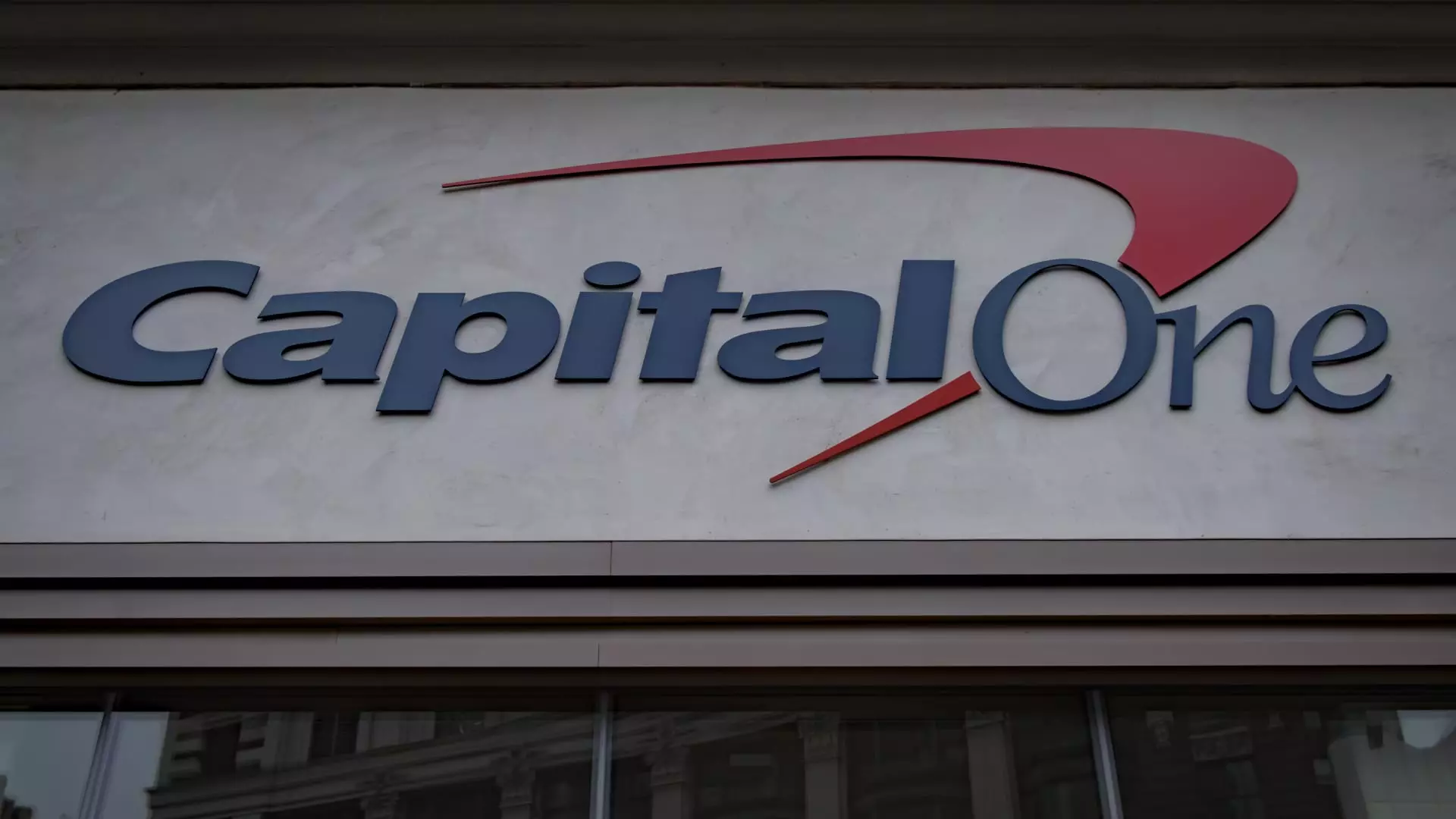The recent approval of Capital One Financial’s monumental $35.3 billion all-stock acquisition of Discover Financial Services marks a significant turning point in the modern banking landscape. This merger, sanctioned by both the Federal Reserve and the Office of the Comptroller of the Currency (OCC), emphasizes the relentless pursuit of market dominance by major financial institutions. However, amid the celebration of corporate ambition lies a complex tapestry of implications that could reverberate through the economic fabric of the United States, raising alarms among consumers and policymakers alike.
The Centralization of Power
On one hand, advocates praise the merger’s potential to foster innovation and efficiency within the financial services sector. It’s touted as a move that could expand Capital One’s deposit base and diversify its credit card offerings, melding two of the largest credit card issuers in the U.S. into a formidable entity. Yet, this consolidation raises critical concerns about market monopolization and the diminishing plurality of options available to consumers. By solidifying its stranglehold on the credit card market, Capital One risks stifling competition and creating a behemoth that prioritizes profits over customer service.
Implications for Consumers
Discover, plagued by scandals that led to a $100 million fine for overcharging interchange fees, now finds itself under the guardianship of its ambitious rival. While Capital One has pledged to rectify the transgressions of Discover, this situation evokes skepticism rather than reassurance. Consumers may find themselves at the mercy of a behemoth that could prioritize efficiency over ethical considerations. The critical question arises: Are customers better served by a monolithic entity or by vibrant competition? In the pursuit of market dominance, will consumers lose access to tailored services that smaller institutions can offer?
A Tug-of-War Over Accountability
As conditions for the merger include implementing corrective measures to address Discover’s past misdeeds, the burden of accountability rests heavily on Capital One’s shoulders. The regulatory landscape expects not merely compliance but proactive engagement in remedying previous consumer harms. This scenario illustrates a perilous reality where one company’s legacy could cast a long shadow over another’s future, with customers paying the price. The efficacy and sincerity of these “corrective actions” remain to be scrutinized, challenging the belief that a single corporation can uniformly advance corporate ethics.
Future Regulatory Challenges
With the Federal Reserve and OCC monitoring the repercussions of this consolidation, future regulatory hurdles seem inevitable. Questions about the competitive viability of this new giant in the banking sector will likely surface, especially if this merger leads to higher fees or diminished service quality. As the combined entity begins operating, its effects on the consumer market will be under a microscope, scrutinizing whether Capital One genuinely respects the interests of its clients or shifts its focus toward maximizing shareholder profit.
The Path Forward: Observations from a Center-Right Perspective
From a center-right perspective, one cannot ignore the nuances of free-market ideology, which emphasizes competition as a vehicle for consumer empowerment. While mergers can generate efficiencies, the potential for power consolidation poses a threat to innovation. The Capital One-Discover merger serves as a cautionary tale: while corporate ambitions are often cloaked in the guise of consumer benefit, the real task lies in ensuring that the market remains vibrant, diverse, and committed to genuine accountability. As we move closer to the merger’s finalization, vigilance from both regulators and consumers will be vital in shaping the legacy of this deal.

